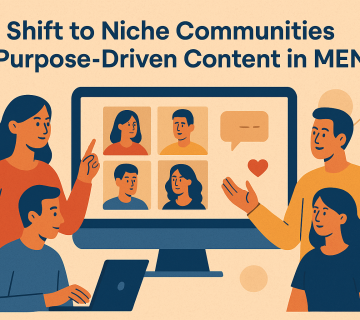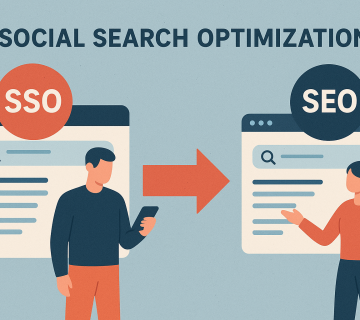Social media platforms have come under fire in recent years for their opaque data collection practices and alleged misuse of users’ personal information. As concerns mount around data privacy and security, some experts argue users should have more ownership reform and control over their own data. These trends could lead to platforms granting users increased privacy options or allowing them to monetize their data in the future.
The data privacy issues plaguing major social networks include:
- First, permitting third-party companies vast access to users’ data without fully transparent disclosures
- In addition, collecting and storing extensive amounts of personal information – sometimes without users realizing it – for targeted advertising and other purposes
- Also, experiencing high-profile security breaches that have exposed users’ data without permission
- Next, neglecting to give users simple, straightforward options to delete all the data platforms have collected on them
In response, some advocates are calling for a new “data dividend” or “data wage” concept that would allow social media users to actually own and benefit from the value created by their data.
Under such a model:
- Moreover, users would have greater transparency into exactly what data platforms collect about them and why
- Also, annual data reports would detail all the data collected and its monetary value based on what companies earn from it
- Next, users could delete all data collected on demand or “opt out” of data sharing with third parties at any time
- Furthermore, platforms would potentially share a fraction of the profits earned from users’ data back with those users
Though still theoretical, the idea of a data dividend aims to shift the balance of power back toward individuals by monetizing their data rather than simply allowing tech companies to exploit it freely. Users could essentially be “paid” for their digital activity and information in the form of credits or cash.
In addition, many experts suggest simply giving users more granular privacy controls by default as a minimum baseline reform.
Options like:
- Restricting certain data points from being collect at all (location, interests, profile activity)
- Limiting what specific third parties can access elements of their data profile
- Setting automatic “data expiration” dates after which all data collected would delete.
In summary, as concerns mount around social media data privacy, some experts argue that users should have more ownership over their personal information and data – whether through increased transparency, stronger controls, or new models that allow them to actually benefit financially from their digital profiles.




